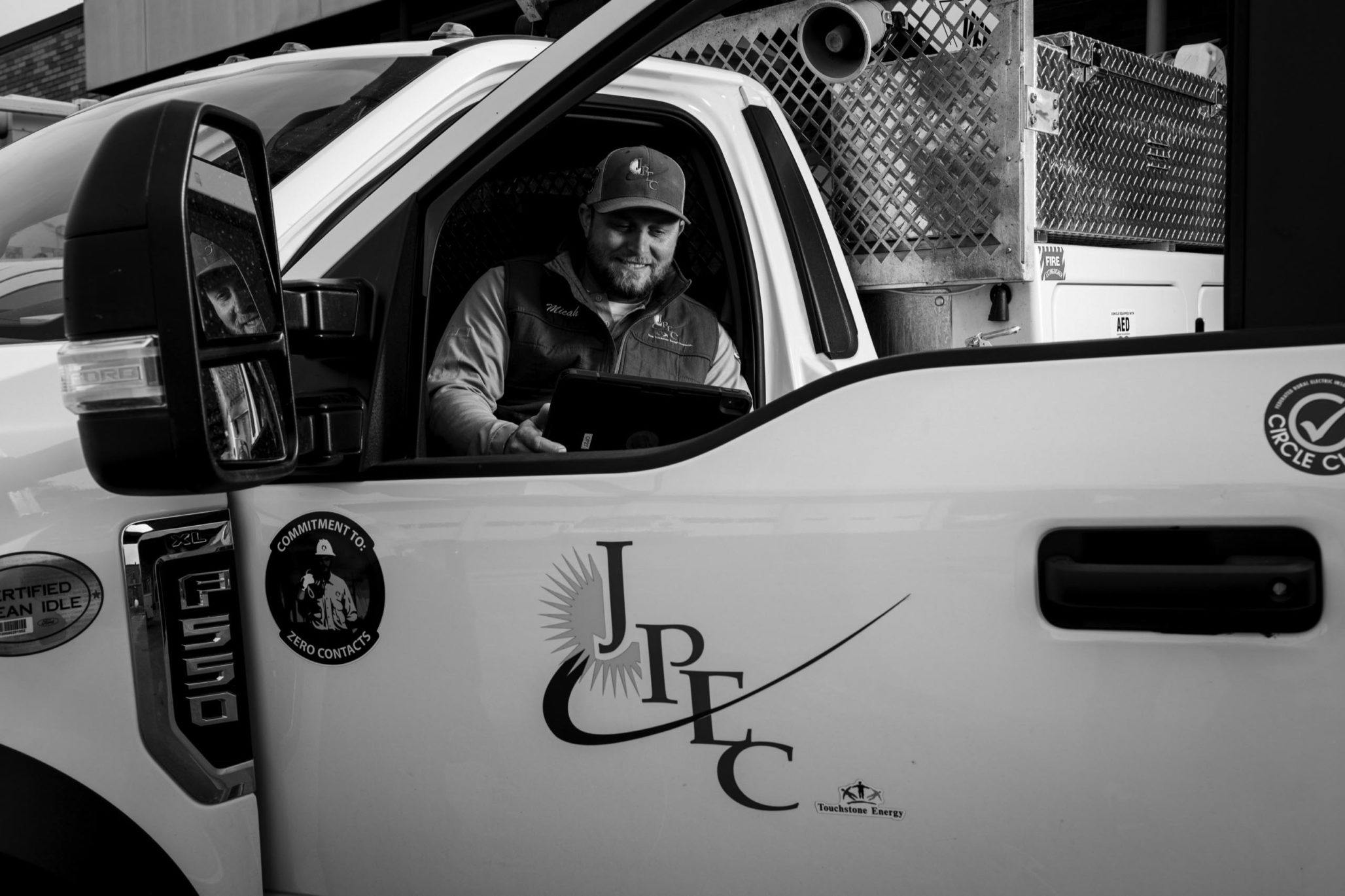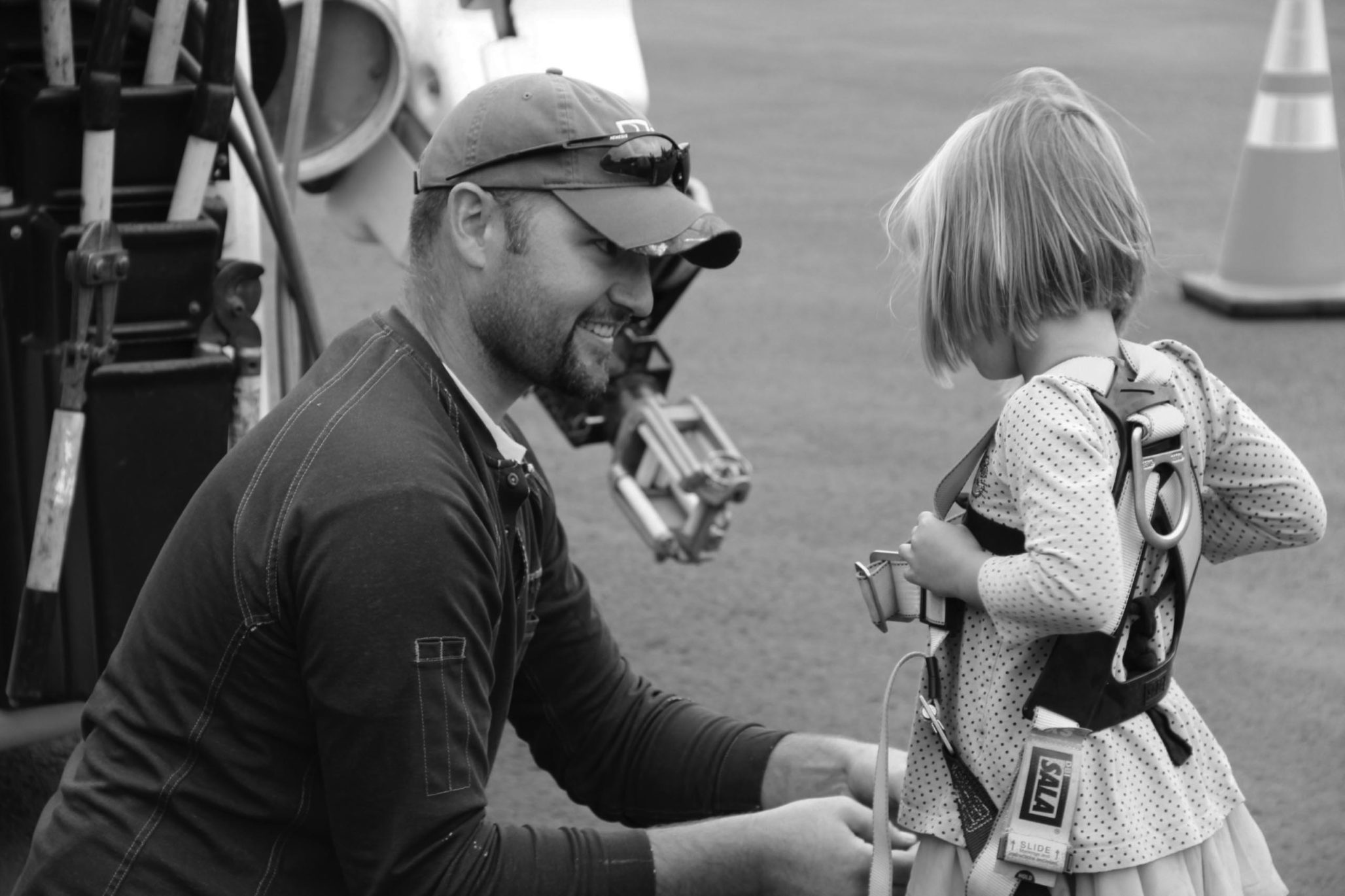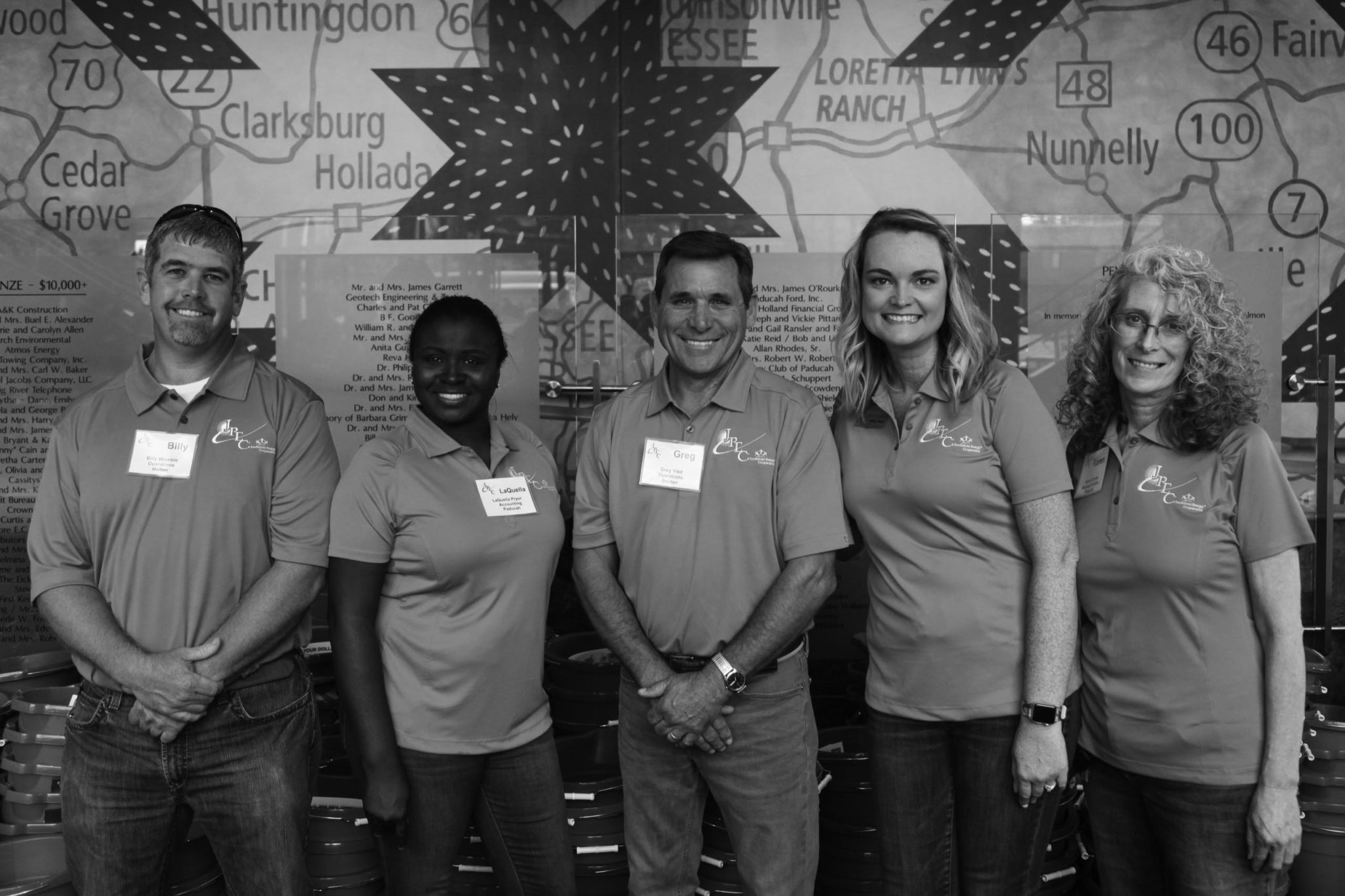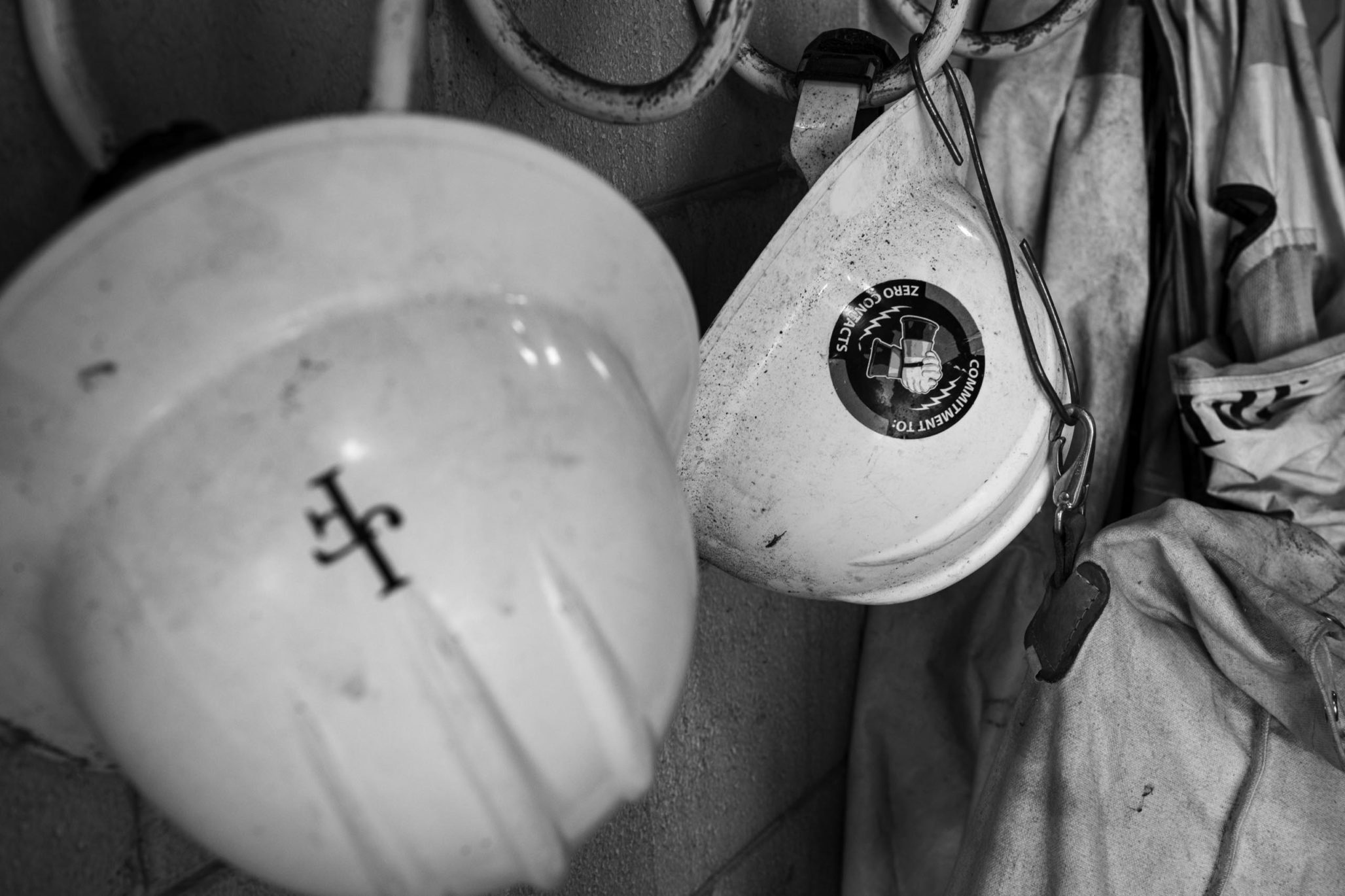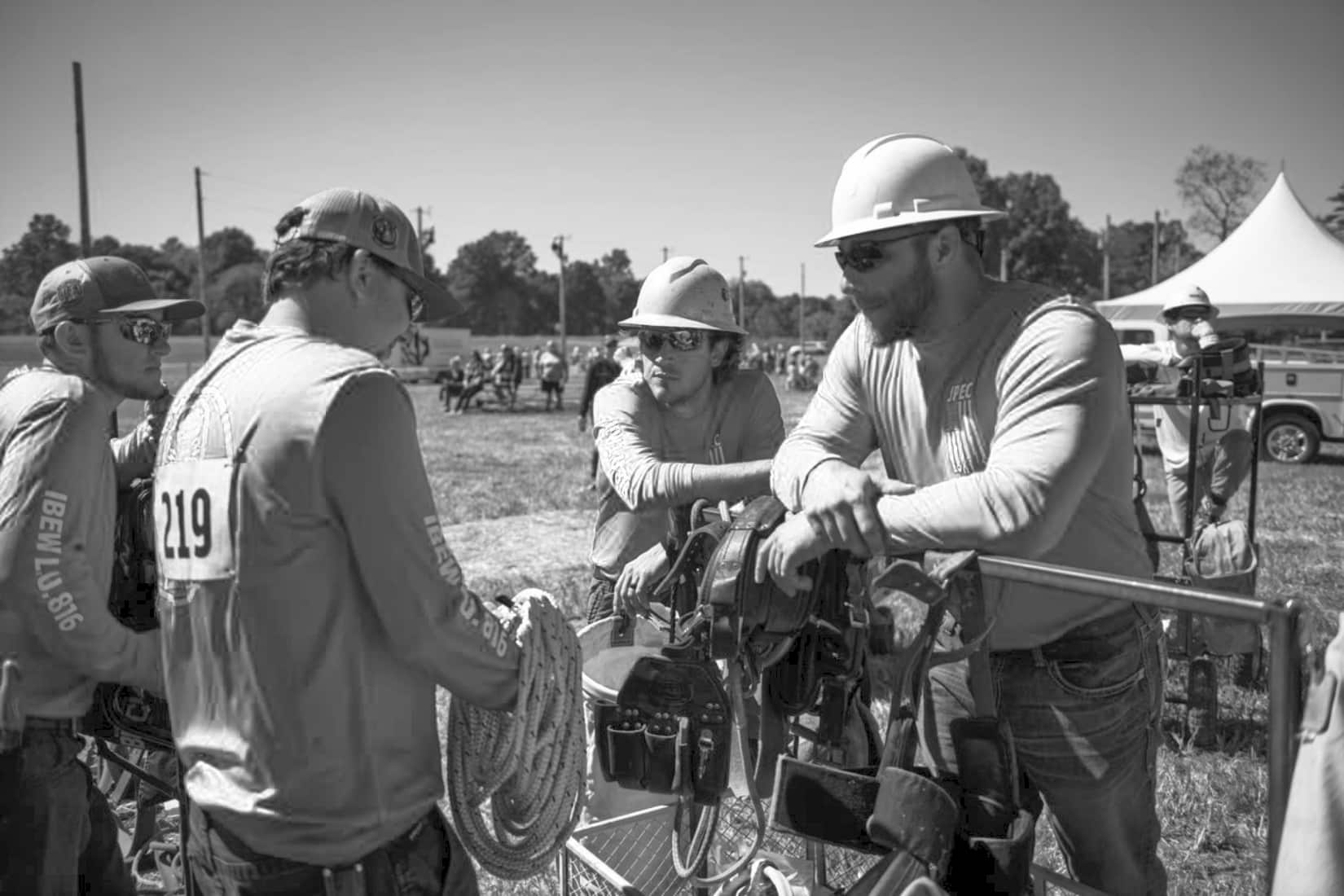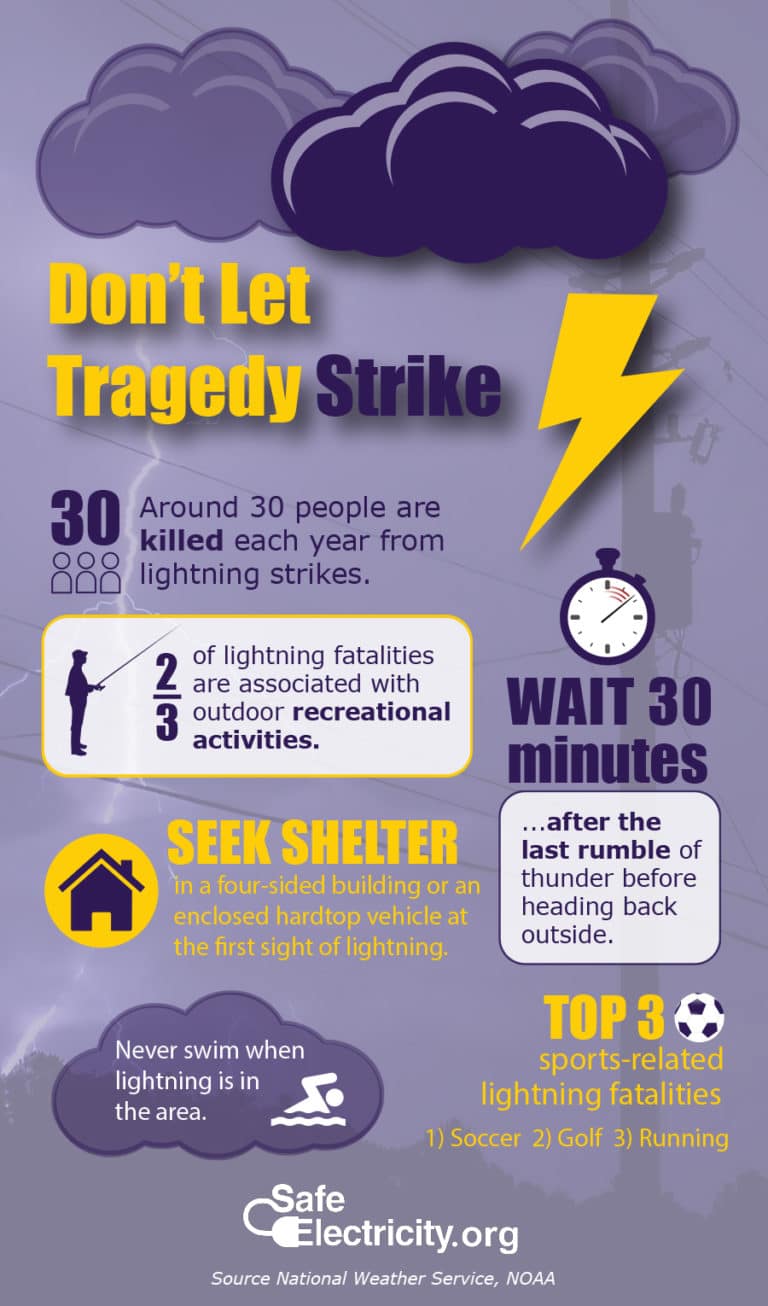Sometimes a storm pops up or changes direction without any warning, while other times it is forecast days in advance and follows its predicted course. In either case, knowing what to do right before, during and after a storm can help to keep you safe.
When stormy winds blow, follow these weather-related reminders from FEMA and the Red Cross:
- Never seek shelter under an isolated tree, tower or utility pole, since lightning tends to strike tall objects.
- Immediately vacate elevated areas such as hills, mountain ridges and peaks.
- Get away from ponds, lakes and other bodies of water.
- Stay away from objects that conduct electricity, including wires and fences (and golf clubs!). (Approximately 5 percent of annual lightning deaths and injuries in the United States happen on golf courses, according to the National Oceanic and Atmospheric Administration.)
- Never lie flat on the ground.
- Pick a safe place in your home, away from windows and doors, for family members to gather during a thunderstorm.
- Know the difference between a watch and a warning for extreme weather such as a tornado or severe thunderstorm. A watch means that the weather is possible in and near the area. A warning means that severe weather has been reported by spotters or indicated by radar. A warning is more serious than a watch and means that there is imminent danger to life and property.
Once the storm is over, follow these safety tips from Safe Electricity:
- Never step into a flooded basement or other standing water. The water could be covering electrical outlets, appliances or cords. Never touch (or use) electrical appliances, cords, wires or switches while you are wet or standing in water.
- After a storm, a downed power line could be covered by standing water or debris. Never go near a downed line and warn others to stay away. If you see a downed line, call 9-1-1, and a crew will be dispatched to de-energize the power and address the problem safely.
- The same safety know-how applies to a downed power line you might encounter while driving or after an auto accident. In either case, do not get out. Instead, call 9-1-1 to report the downed line (pull over first if you are driving). If you must exit your vehicle after an accident because of a fire or smoke, make a solid, clean jump out, landing with both feet together. Then make solid hops with your feet together, hopping as far away as you can.
- If your home has been damaged by a flood, turn off the power to your house if it is safe to do so. (Do not turn power off at the breaker box while standing in water or in damp conditions.)
- If the wiring, electrical system or appliances have been damaged by water, have your home inspected by an electrician; also, have appliances serviced by a qualified technician before using them.
Like us on Facebook for more updates and tips like these.
